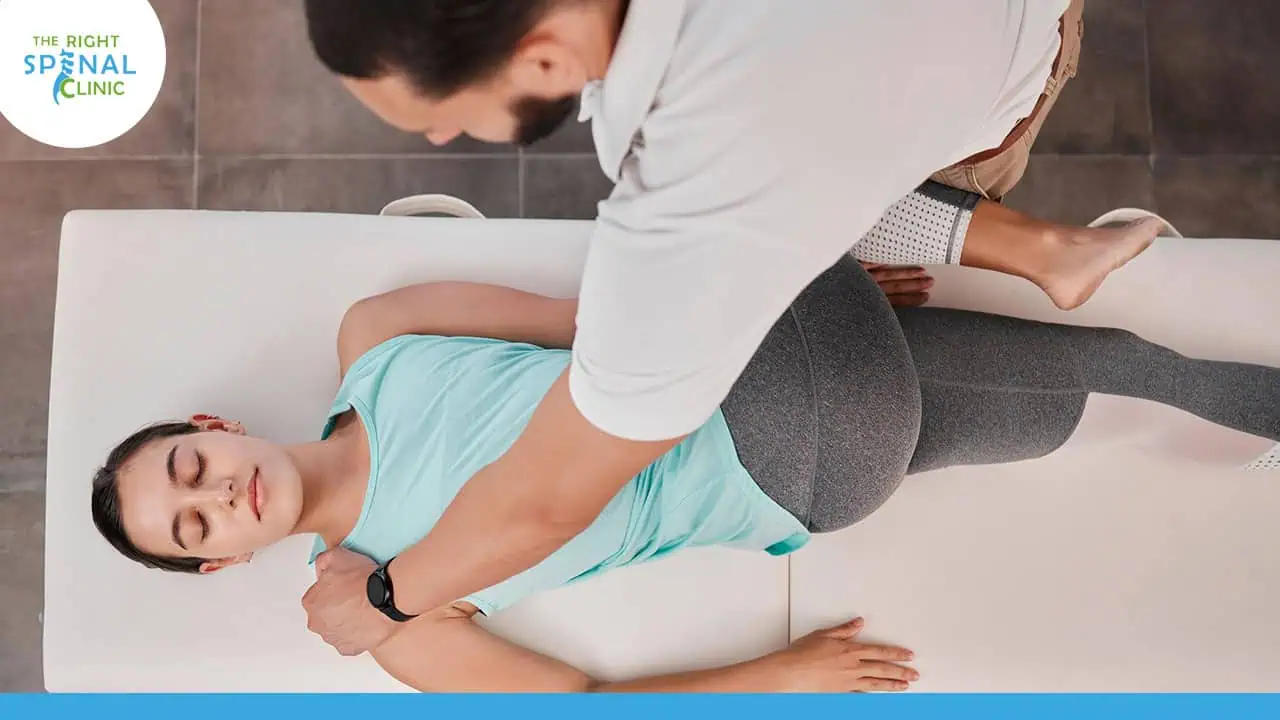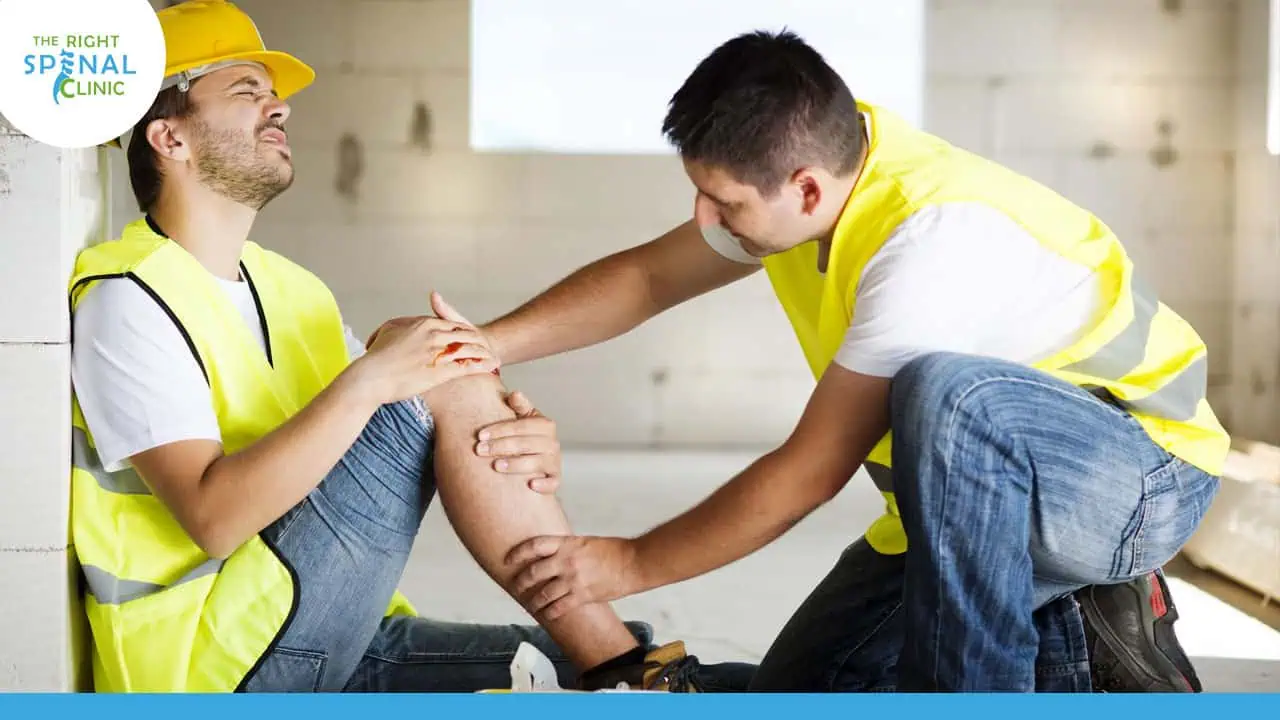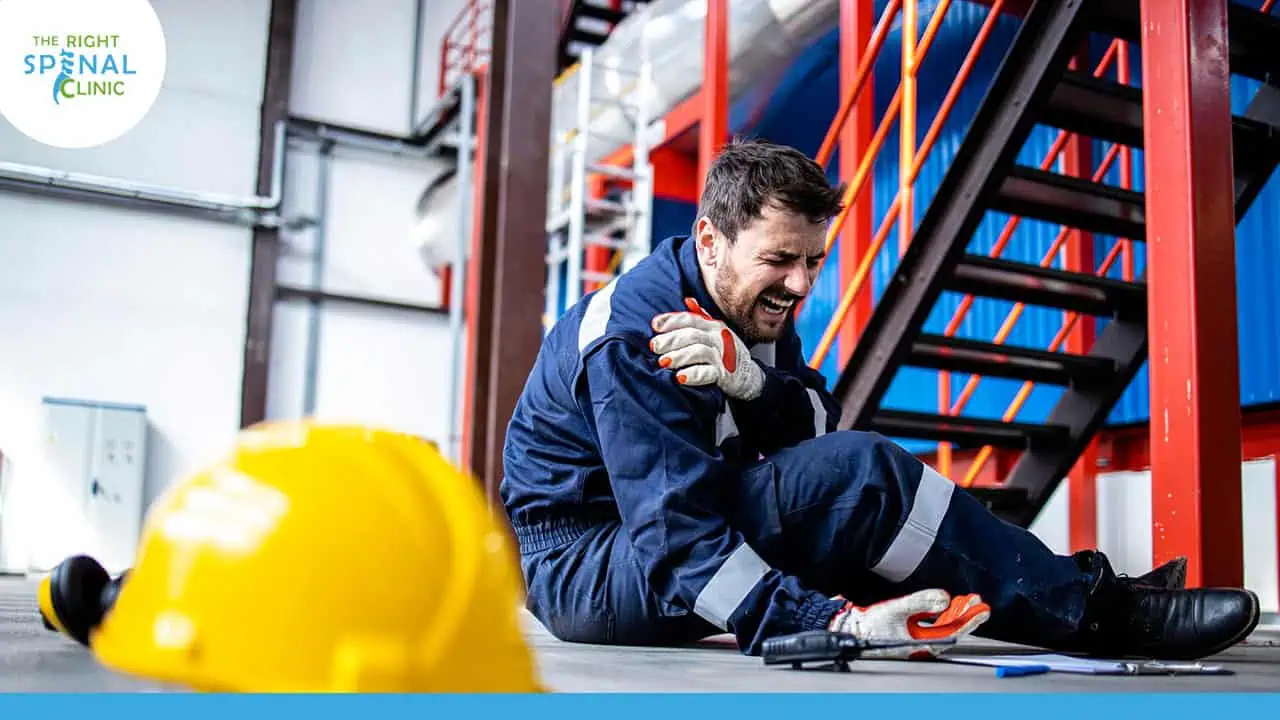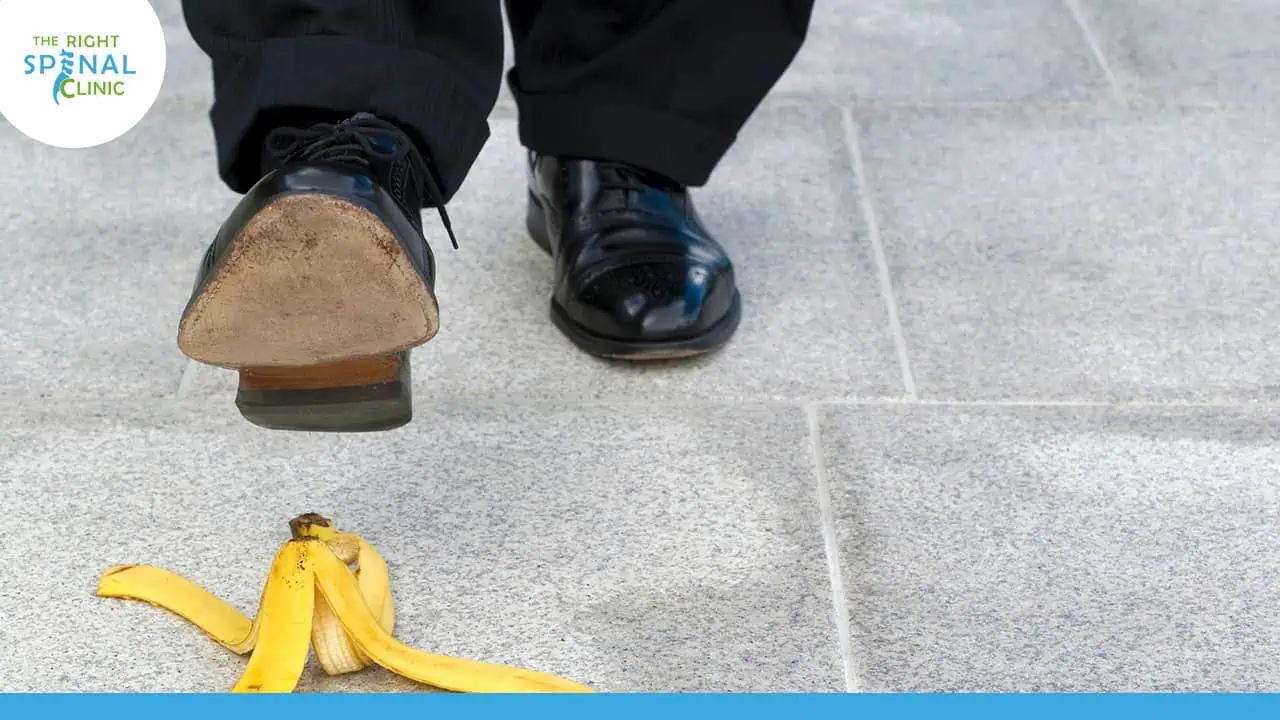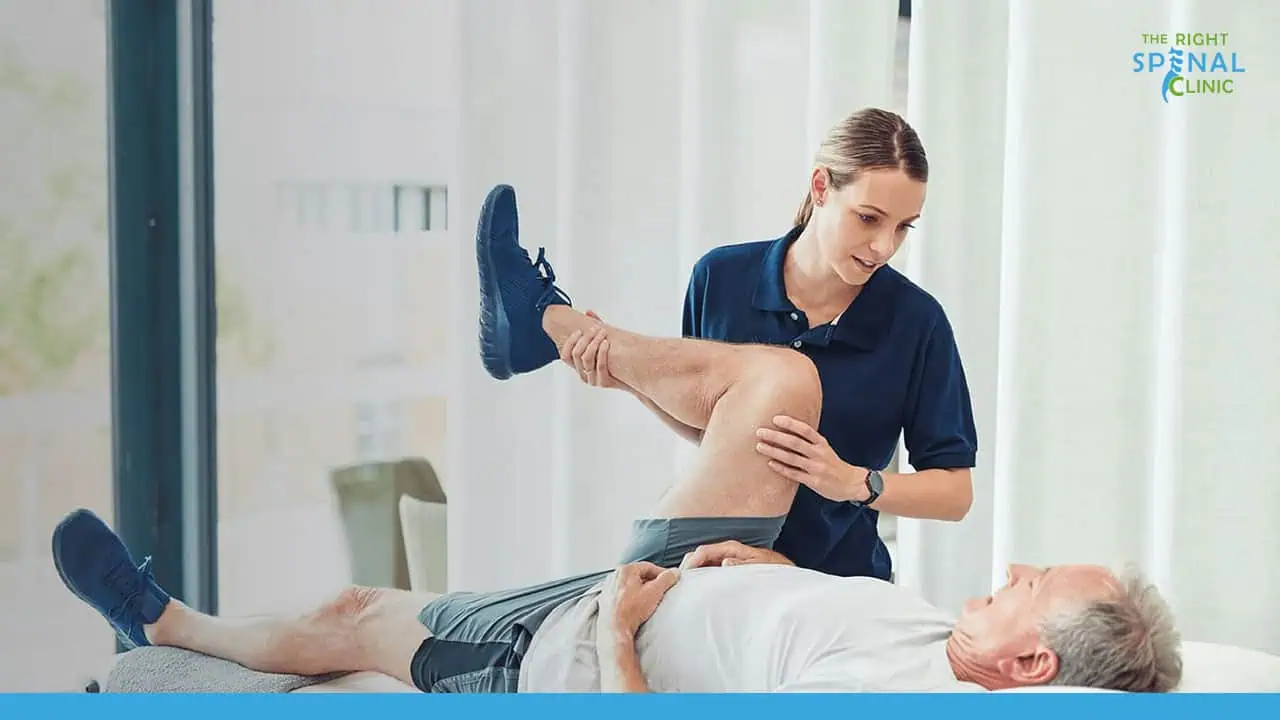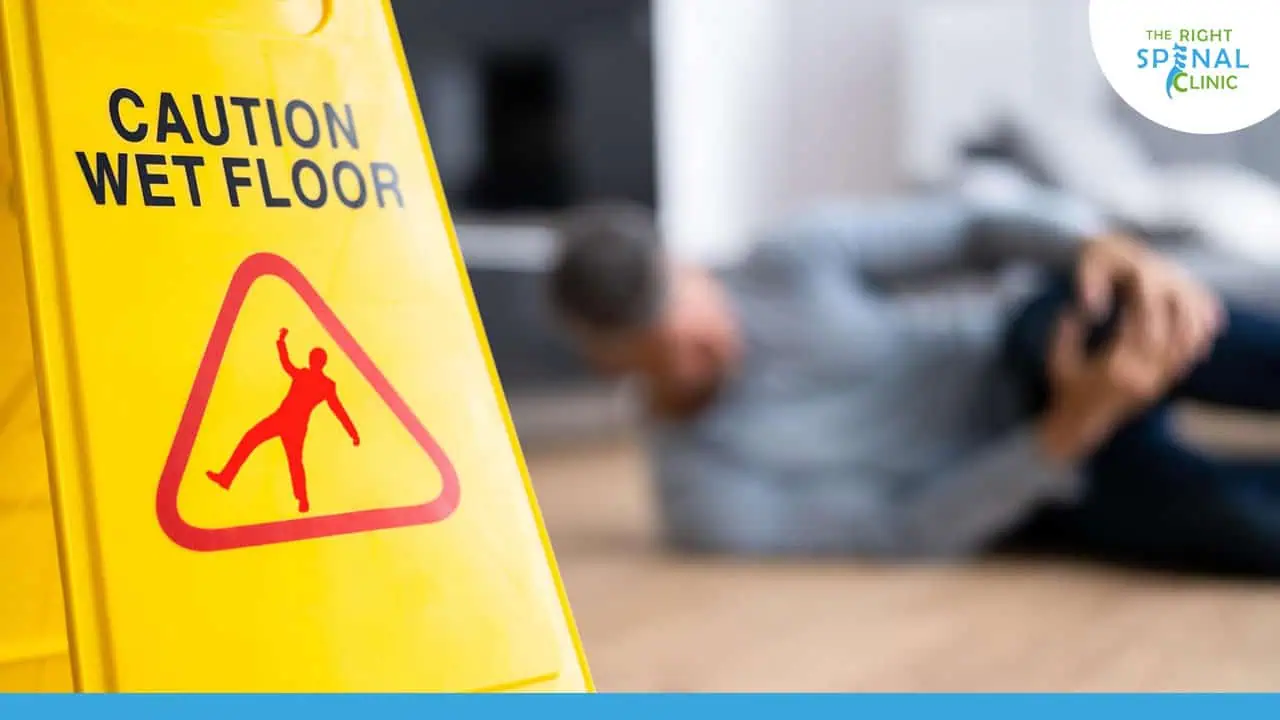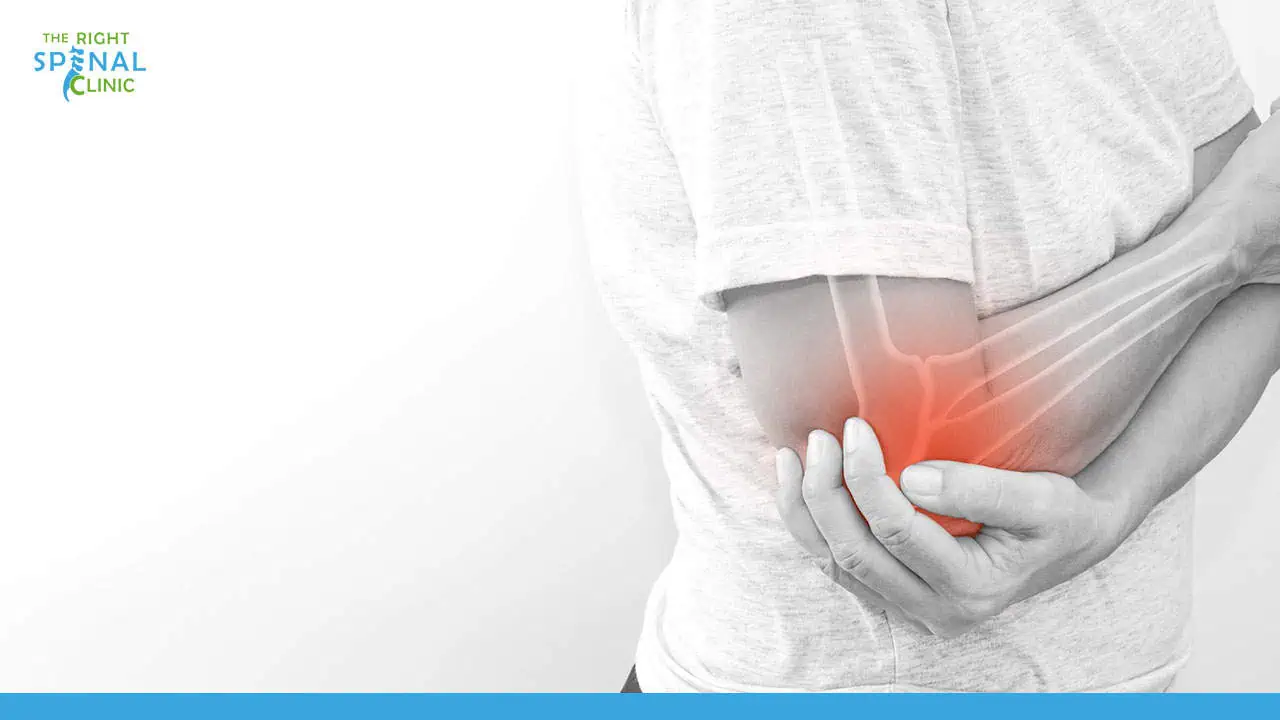
Are you or a loved one struggling with the effects of a traumatic brain injury? Physical therapy rehabilitation may be the solution you need to aid in the healing process and improve your quality of life.
Traumatic brain injuries, or TBIs, can occur from the most common causes, such as blows to the head, car accidents, sports injuries, and falls, and can lead to a wide range of symptoms, such as memory loss, vision and hearing problems, spinal cord injury, and difficulty with problem-solving and attention.
Physiotherapy treatment for serious head injuries and trauma is a non-invasive treatment option that can help you regain function, improve your physical and mental health, and reduce your reliance on medication.
By working with a physical therapist, you can target specific areas of the brain and body affected by the closed head injury and develop a personalized treatment plan to help you.
Don't let a TBI hold you back any longer! Learn about the benefits of physical therapy rehabilitation for TBI and take the first step towards a healthier, happier life. Consult a physical therapist today to see how they can help you achieve your recovery goals.
Memory Improvement
A physiotherapy program is a vital component of healing for individuals who have suffered brain damage from TBI. One of the key areas of improvement that can be achieved through a physical therapy program is memory function.
Physical therapy exercises and techniques can help to improve memory and cognitive function by stimulating the brain and promoting neuroplasticity. This can include exercises to improve attention, concentration, memory recall, and tasks that challenge and engage the brain.
Additionally, physical therapy can help improve overall function and mobility, which can also play a role in cognitive recovery. Physical therapy can be a valuable tool in recovering after a severe injury.
Increase Motor Function, Muscle Strength, Flexibility, and Mobility
Physical therapy rehabilitation for traumatic brain injury helps improve motor function, muscle strength, and flexibility. This is achieved through a combination of exercises and techniques, such as a range of motion exercises, strength training, and task-specific training tailored to the individual's needs and abilities.
Physical therapy can also include assistive devices, such as canes or walkers, to help the patient regain independence and improve their walking ability. Additionally, by working with a physical therapist, patients can learn proper posture, body mechanics, and ergonomics to help prevent secondary injuries and improve overall physical function.
Ultimately, post-acute rehabilitation for traumatic brain injury is essential for helping patients regain their physical abilities, improve their quality of life, and achieve goals.
Improve Responsiveness, Alertness, and Attention
Physical therapy improves responsiveness, alertness, and attention for individuals recovering from a TBI. Tailored exercises, stretches, and activities enhance cognitive function and overall brain health. This includes balance training and coordination exercises, endurance training, and engaging in activities that stimulate critical thinking and decision-making.
Physical therapy promotes physical wellness, enhancing strength, flexibility, coordination, and balance, reducing the risk of injury. Increased blood flow to the brain from regular activity provides more oxygen and nutrients, leading to heightened mental clarity, alertness, and focus.
Addressing specific areas causing discomfort or mobility problems, such as the neck and back, can alleviate symptoms like headaches, neck pain, and fatigue, thus improving attention and focus.
Additionally, physical therapy improves posture, positively impacting overall well-being and mental alertness. By incorporating physical therapy into a comprehensive wellness routine, individuals can greatly enhance their physical and mental responsiveness, alertness, and attention, supporting their recovery from a TBI.
Enhance Independence with Daily Activities
Physical therapists work to improve muscle strength, flexibility, and mobility. This helps increase the patient's overall body function and allows them to better perform tasks of daily living such as dressing, grooming, and meal preparation. Also, physical therapy can improve balance and coordination, making it easier for patients to navigate their environment and reduce the risk of falls.
With the help of post-acute rehabilitation, individuals who have suffered from a severe traumatic brain injury can gain the skills and confidence needed to live a more independent life.

Improve Balance to Facilitate Standing and Walking
Rehabilitation for a TBI can greatly enhance a patient's independence with everyday activities. Physical therapists work to improve muscle strength, flexibility, and movement through a physiotherapy program of exercise, therapy sessions, and techniques such as electrical stimulation. This helps increase the patient's overall physical function and allows them to perform daily tasks better.
Physical therapy can also improve balance and coordination, making it easier for the patient to navigate their environment and reduce the risk of falls.
With the help of head trauma rehab, individuals who have suffered from a brain injury can gain the skills and confidence needed to live a more independent life.
Faster Return to Fitness, Sports, and Recreational Participation
Combining exercises that improve muscle strength, flexibility, and movement and techniques that enhance responsiveness, alertness, and attention can lead to a more efficient recovery. Physiotherapy can also teach the patient to perform regular activities with greater independence, allowing them to return to normal routines quicker. By working with a physical therapist, individual patients can create customized treatment plans that target their specific needs and help them achieve their goals in returning to their active lifestyle.
Increased Alertness and Attention
Physiotherapy is vital in enhancing alertness and attention for individuals recovering from a severe traumatic brain injury (TBI). Through stimulating the brain and promoting neuroplasticity, physical therapists employ activities that challenge cognitive abilities, such as memory exercises and tasks requiring concentration.
By addressing the physical symptoms of TBI and improving overall movement, outpatient physical therapy treatment contributes to cognitive healing, enabling individuals to regain their ability to concentrate and pay attention. This enhances their quality of life and facilitates their return to regular activities and work. Thus, physiotherapy proves to be a valuable tool in the recuperation process following a severe TBI.
Emotional and Psychological Well-being
Physical rehabilitation promotes emotional and psychological well-being during brain injury recovery. Engaging in structured physical activities can help individuals with traumatic brain and head injuries or traumas from motor vehicle accidents experience a sense of accomplishment, boost self-esteem, and improve mood.
Regular physical exercise releases endorphins, which are natural mood-enhancing chemicals, leading to reduced symptoms of depression and anxiety. Additionally, physical rehabilitation programs often incorporate relaxation techniques and stress management strategies, further supporting emotional well-being and helping individuals cope with the challenges of their recovery journey.
Social Integration and Community Engagement
Physical rehabilitation also facilitates social integration and community engagement for individuals recovering from brain trauma. Participating in group physiotherapy treatment sessions, sports activities, and community-based programs promotes peer interaction, fosters a sense of belonging, and combats feelings of isolation.
Engaging in rehabilitative exercises alongside others going through similar experiences can create a supportive environment where individuals can share their challenges and successes, learn from each other, and develop meaningful connections. This social integration not only contributes to improved mental health but also aids overall recovery.
Pain Management and Reduction
Physiotherapy evaluation and rehabilitation can effectively address pain management and reduction for individuals with brain injuries. Depending on the specific and its associated symptoms, physical therapists and rehabilitation specialists employ various techniques such as manual therapy, therapeutic exercises, and modalities like heat and cold therapy to alleviate pain.
These interventions target specific areas of discomfort, promote healing, and help individuals regain function and mobility while reducing their reliance on pain medication. By addressing pain as part of the rehabilitation process, individuals can experience improved comfort and quality of life during their recuperation.
Enhanced Coordination and Motor Control
Physical rehabilitation plays a vital role in enhancing coordination, balance training, and motor control for individuals recovering from brain injuries. Through targeted exercises and activities, rehabilitation specialists focus on improving muscle strength, range of motion, balance, and coordination.
These interventions help individuals regain control over their movements, improve their ability to perform daily tasks, and enhance their overall physical functioning. With consistent rehabilitation efforts and outpatient therapy, individuals can experience significant improvements in their coordination and motor skills, leading to greater independence and a higher quality of life.
Improved Speech and Language Abilities
For individuals who have experienced traumatic brain injuries affecting speech and language abilities, physical rehabilitation can be instrumental in their recovery. Speech therapy, a component of physical rehabilitation programs, focuses on improving communication skills, speech articulation, voice projection, and language comprehension.
Rehabilitation specialists work closely with individuals, employing exercises and techniques tailored to their specific needs. Over time, these interventions can lead to significant improvements in speech and language abilities, allowing individuals to express themselves more effectively and participate more fully in social interactions and regular activities.
Cognitive Rehabilitation and Executive Function Enhancement
Physical rehabilitation programs often incorporate cognitive rehabilitation to address the cognitive challenges that can arise from brain injuries. Cognitive rehabilitation involves exercises and strategies to improve memory, attention, problem-solving, and other executive functions.
By engaging in cognitive rehabilitation activities, individuals can enhance their cognitive abilities, regain cognitive skills that may have been affected by the injury, and improve their overall cognitive functioning. These improvements in cognitive abilities play a crucial role in facilitating independence, productivity, and a higher quality of life during the recovery process.
Reduced Risk of Secondary Complications
Physical rehabilitation helps reduce the risk of secondary complications from brain injuries. Prolonged immobilization or limited physical activity can lead to muscle weakness, contractures, pressure sores, and other spinal cord and brain injury complications.
Rehabilitation programs aim to prevent or minimize these complications by promoting movement, range of motion exercises, and functional activities. By maintaining an active rehab and physical exercise routine, individuals can mitigate the risk of secondary complications from sports injuries, improve their overall health and well-being, and support a smoother healing process.
Get the Best Physical Therapy Rehabilitation Traumatic Brain Injury at The Right Spinal Clinic
Brain injuries can affect you physically, mentally, and emotionally, so it’s important to trust in someone who will guide you through recovery along the entire continuum of care.
At The Right Spinal Clinic, we are confident that our team of healthcare professionals has the combined knowledge and experience to help you through this challenging time.
Schedule a physical therapy evaluation appointment with us at (813) 392 2164 or visit www.trspinalclinic.com/appointment/.
Recent Posts




